Search
Did you mean: Arrian?
Search Results
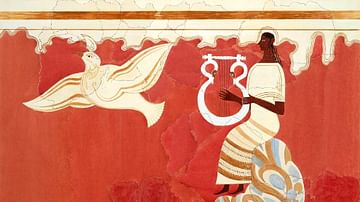
Definition
Pylos
Pylos was a significant Mycenaean Bronze Age city located in the region of Messenia, Greece. The site is situated on the hill of Ano Englianos and during its Late Bronze Age occupation between c. 1600-1200 BCE it covered a maximum area of...
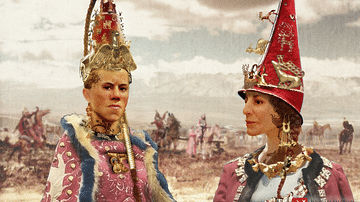
Article
Scythian Women
Scythian women garnered leadership roles and a raised level of status in their day, which is perhaps without parallel until recent times. While many female figures rose to pivotal roles in history, their rise was not a reflection of systemic...

Definition
Lugh
Lugh (also Lug, Luga) was one of the most important Celtic gods, particularly in Ireland, and he represented the sun and light. Although originating as an all-wise and all-seeing deity, Lugh was later thought of as a historical figure, great...
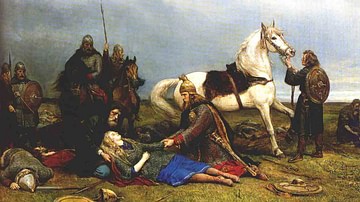
Article
Ten Legendary Female Viking Warriors
In 2017 CE, Uppsala University archaeologist Charlotte Hedenstierna-Jonson published her study of a Viking grave discovered in Birka, Sweden in the 1800's CE which she and her team had revisited. She claimed that what was formerly understood...
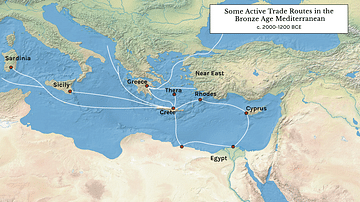
Article
The Minoans & Mycenaeans: Comparison of Two Bronze Age Civilisations
The Bronze Age Aegean in the eastern Mediterranean encompassed several powerful entities: the Minoans on Crete; the Mycenaeans on mainland Greece, and the Cypriots on Cyprus. These cultures are often examined separately, and thus the ample...
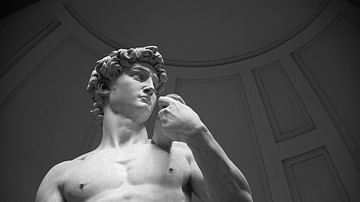
Definition
King David
According to biblical tradition (and some say myth), David (c. 1035-970 BCE) was the second king in the ancient United Kingdom of Israel who helped establish the eternal throne of God. A former shepherd, David was renowned for his passion...
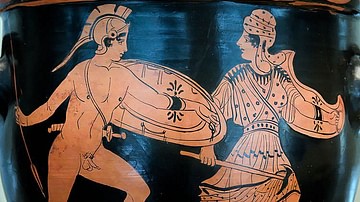
Definition
Achilles
Achilles is a figure from Greek mythology and literature and star of the Trojan War. Leader of the fearsome Myrmidons, sacker of cities, and slayer of Hector, godlike Achilles was quite simply invincible in battle. Only the divine intervention...
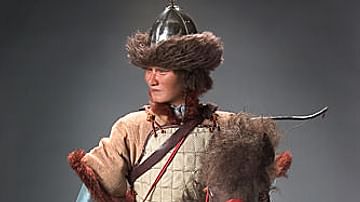
Definition
Attila the Hun
Attila the Hun (r. 434-453 CE) was the leader of the ancient nomadic people known as the Huns and ruler of the Hunnic Empire, which he established. His name means "Little Father" and, according to some historians, may not have been his birth...
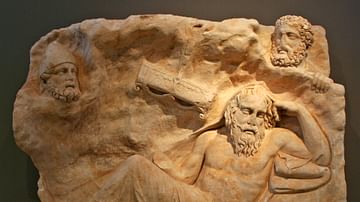
Definition
Philoctetes
The play Philoctetes was written by one of the greatest of the Greek tragedy playwrights, Sophocles, in 409 BCE. Philoctetes is one of his surviving plays whose exact production date can be determined and is set in the final year of the Trojan...
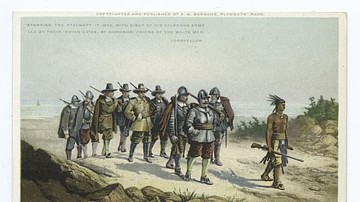
Definition
Hobbamock
Hobbamock (d. c. 1643, also given as Hobbamok and Hobomok) was a Native American of the Pokanoket tribe who served the sachem Massasoit (l. c. 1581-1661) of the Wampanoag Confederacy as a pniese (counselor and elite warrior). He is best known...